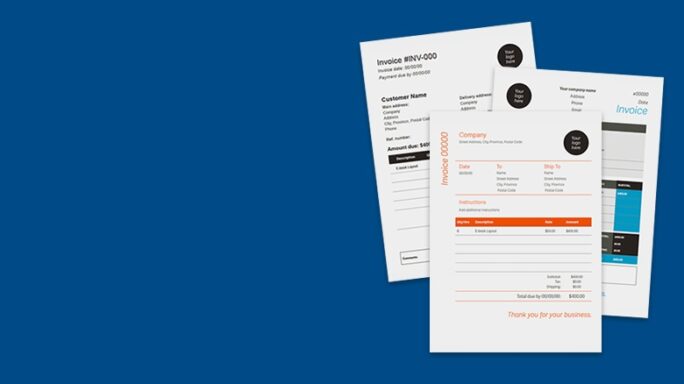Money Matters
10 tips for cash flow management

In the current economic climate, with many businesses struggling, one of the easiest ways to improve your business finances is by being smart when managing your money. As the saying goes, ‘turnover is vanity, profit is sanity, and cash is king’.
Having enough cash in the business is critical for both your sanity and your success. Here are ten tips to help your business cash flow:
Stay on top of invoicing
And send out bills as quickly as you can, so you get your income as soon as possible. Make sure that you have a system for invoicing, whether you set up a database of client details in excel or use accounting software.
Think about the terms for payment that you offer each client: do you need your bills paid on receipt of invoice, within 14 days, or within 30 days? If you have completed work it can be reasonable to ask for payment on receipt, for example. If you will incur up-front costs on a project you may want to ask for a deposit.
Pay staff and freelancers promptly
Staff will rely on income from you, so be a great boss and pay on time at the end of each week or month. If you commission work out to freelancers and want to develop a good working relationship so you can go back to them time after time, pay them promptly too!
Pay other bills only when they are due
Check each invoice for payment terms and pay on the last day possible for the money to get to the payee in time. This ensures that the money stays in your bank account for as long as possible, helping you to cover your costs while waiting for clients to pay you.
Deposit cheques promptly
This all helps ensure that there is as much money as possible IN your business account, rather than sitting on your desk!
Look for an interest-paying business deposit account for your business reserve
Sweep money into this account regularly. Even though interest rates are low, a few per cent interest is better than nothing. By doing this you will get even more benefit from invoicing promptly and paying in cheques as soon as you get them.
Check your bank charges and shop around for a better deal
You could save every month if you switch, or you may find your existing bank improves their offer when you explain to them you want to move to cut costs.
Change the way you bill clients
If you have regular clients who want the same sort of work every month, set up subscription programmes. If clients to pay by direct debit your business then has a reliable income that you don’t have to chase each month. Incentivise clients by offering a small discount or bonus service. You’ll save time on invoicing too.
Look for additional income sources
If you always recommend a particular product or programme to your clients, see if there is an affiliate scheme. If you review business books on your blog, embed an Amazon affiliate link within the title or image. If you have a popular website, allow a few relevant adverts. All these income streams can add up and improve your cash flow.
At times you may need to invest to grow your business
If you are expanding you may need an overdraft to allow you to pay bills. It can be hard to get credit if your business is in difficulties, so ask your bank manager about credit terms well before you need it. Check around for competitive rates.
Chase debts firmly
Ensure that one person is responsible for this, and that they allocate time every week. Have a clear set of actions to follow from a first reminder to sending in debt collectors if necessary. By setting up the steps in advance it is easier to put them in to practice when you need.
Professional invoice templates
Getting paid on time is vital. Download our set of professional, VAT-compliant invoice templates to make sure you make a good impression and get paid faster.








Ask the author a question or share your advice